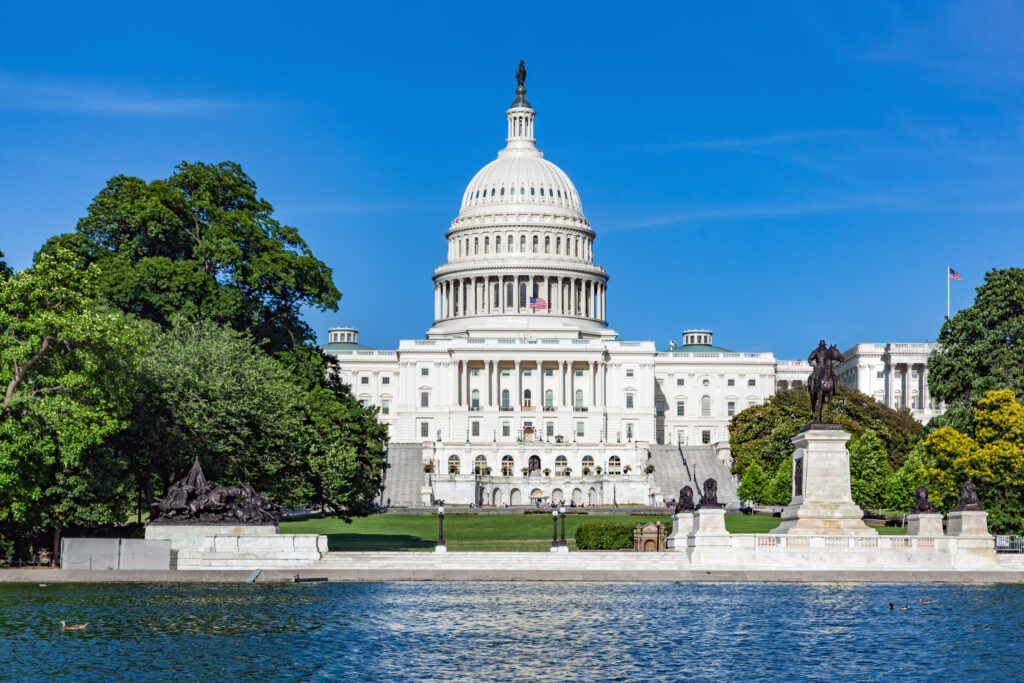In December 2024, the U.S. Supreme Court declined to hear an appeal challenging an Arkansas law requiring pharmaceutical companies to provide drug discounts through third-party contract pharmacies associated with hospitals serving low-income populations.
This decision was hailed as a victory for rural patients’ access to affordable medications.
The 340B Drug Pricing Program, established in 1992, was designed to enable hospitals and clinics serving vulnerable populations to purchase outpatient drugs at discounted prices. This initiative aimed to stretch scarce federal resources, allowing these healthcare providers to offer comprehensive services to underserved communities.
Recently, however, the program has been at the center of legal disputes between hospitals and the government, particularly concerning reimbursement rates and the use of contract pharmacies. Recent settlements and court rulings have underscored the legal reasoning supporting hospitals’ positions, emphasizing their commitment to patient care and adherence to statutory provisions.
Supreme Court Ruling on Medicare Reimbursements
A pivotal moment in the 340B legal landscape occurred on June 15, 2022, when the U.S. Supreme Court unanimously ruled in favor of hospitals in the case of American Hospital Association versus Becerra. The Court determined that the Department of Health and Human Services (HHS) had unlawfully reduced Medicare reimbursement rates for 340B hospitals without conducting a mandated survey of hospitals’ acquisition costs.
Justice Brett Kavanaugh, writing for the Court, emphasized that HHS’s actions were inconsistent with the statutory framework, which requires either uniform reimbursement rates or data-driven adjustments based on hospital acquisition costs. The Court’s decision highlighted the importance of adhering to legislative intent and ensuring that any alterations to reimbursement methodologies are grounded in empirical data.
Legal Reasoning Supporting Hospitals
Hospitals have consistently argued that the 340B program’s intent is to support healthcare providers serving low-income and rural communities by offering them access to discounted medications. These discounts enable hospitals to reinvest savings into patient care services, such as expanding access to treatments, offering community health programs, and covering uncompensated care costs.
The legal contention centers around the interpretation of the Medicare statute, which stipulates specific procedures for setting reimbursement rates. Hospitals maintain that HHS overstepped its authority by implementing rate reductions without conducting the requisite acquisition cost surveys, thereby violating the clear directives established by Congress.
Contract Pharmacies and State Legislation
Another significant aspect of the 340B program involves the use of contract pharmacies—third-party entities that dispense medications on behalf of 340B-covered entities. Hospitals argue that contract pharmacies are essential for extending the reach of the 340B program, especially in rural or underserved areas where the hospitals themselves may not have in-house pharmacies.
Legal disputes have arisen as some pharmaceutical manufacturers have sought to limit the distribution of discounted drugs through these contract pharmacies. In response, several states have enacted laws mandating that drug manufacturers honor 340B discounts even when drugs are dispensed via contract pharmacies.
Financial Implications and Hospital Advocacy
The financial stakes in these legal battles are substantial. The Supreme Court noted that HHS’s reimbursement reductions had an annual economic impact of approximately $1.6 billion on 340B hospitals. Hospitals contend that such cuts undermine their ability to provide essential services to vulnerable populations.
The American Hospital Association and other advocacy groups have emphasized that the Medicare payments at issue help offset the considerable costs incurred by 340B providers in delivering care to uninsured and underinsured patients. They argue that the redistribution of funds away from safety-net hospitals to other facilities exacerbates disparities in healthcare access and outcomes.
Conclusion
The legal disputes surrounding the 340B program underscore a fundamental tension between regulatory agencies’ policy objectives and the statutory mandates established by Congress. Hospitals have successfully argued that adherence to the legislative framework is crucial to preserving the program’s integrity and ensuring that vulnerable populations continue to receive necessary medical services. The recent Supreme Court ruling and state-level legislative actions affirm the legal reasoning supporting hospitals’ positions, highlighting the judiciary’s role in upholding statutory provisions designed to promote equitable healthcare.
Multiple states have submitted bills into their legislature to maintain 340B as a tool regardless litigation.













